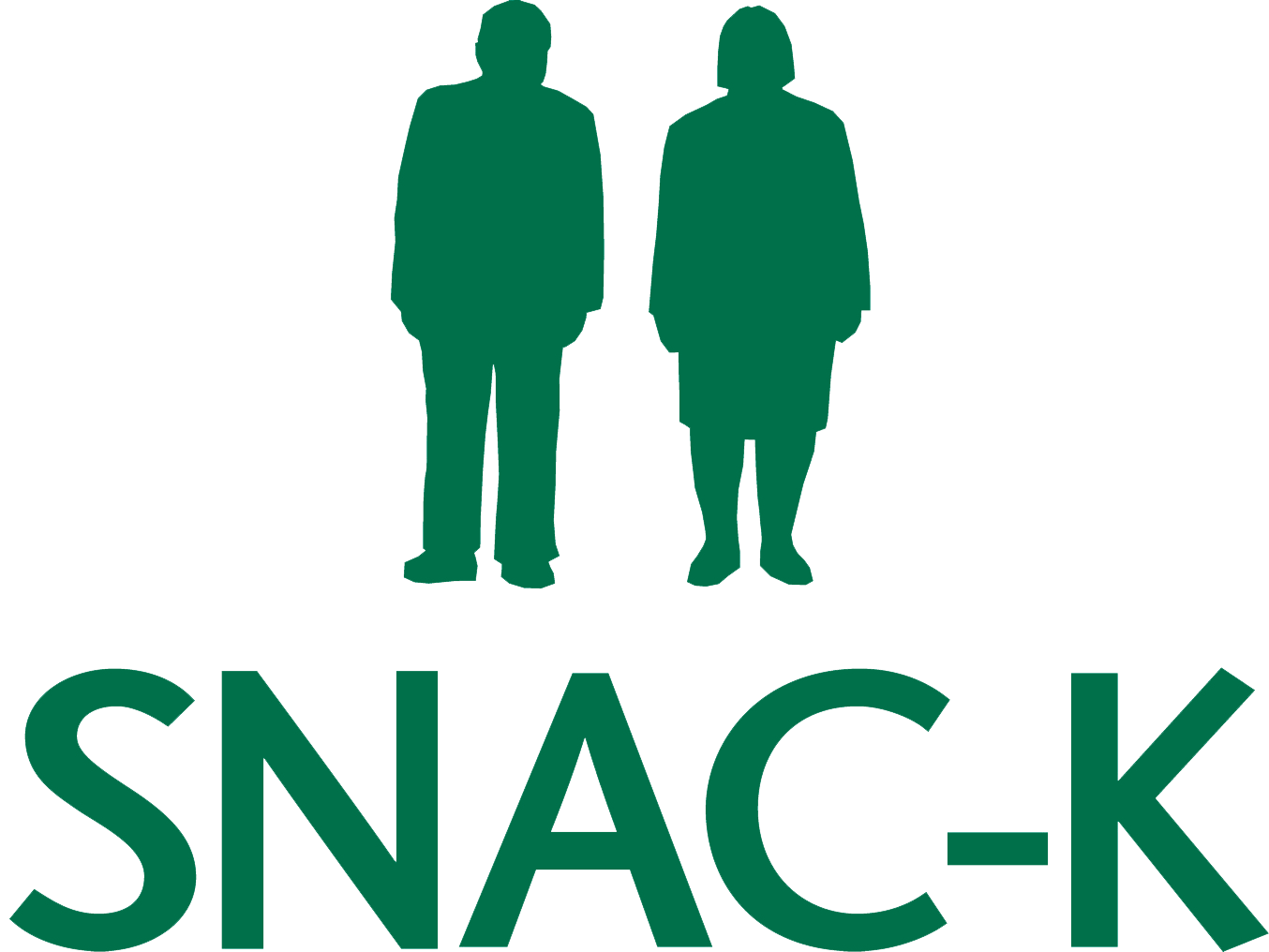All phases of SNAC-K and the use of inpatient registry data were approved by the Ethics Committee at KI and the Regional Ethical Review Board in Stockholm (Dnrs: KI 01-114, 04-929/3, Ö26-2007, 2009/595-32, 2010/447-31/2, 2013/828-31/3 and 2016/730-31/1). The Stockholm Gerontology Research Center has a “personuppgiftsombud” to whom specific applications are submitted. There are no commercial connections.
The subjects will be asked to participate in a longitudinal study due to their age and residential status. They are not volunteers or a selected group of hospitalised patients. Moreover, this is a longitudinal study, so study participants may be affected by the research activities for many years. Following the experience of the Kungsholmen Project a series of strategies are implemented to minimise discomfort among the subjects. First, each subject is contacted personally using a multistep procedure, including a personal letter explaining the content, duration and purpose of the study, as well as the importance of participation. It is clearly stated that participation is voluntary and that subjects may discontinue participation at any time. In order to verify their availability and to book the first visit, a nurse then directly contacts participants via telephone. Second, the subjects are assessed in a friendly and comfortable atmosphere, and sufficient time is provided during the examination to establish rapport. Finally, all participants are given feedback regarding the progression and results of the research. This is done through seminars organised by the researchers who present the main results of their work to the participants. Moreover, information is provided in the form of small reports and popular scientific publications.
Informed and written consent is collected directly from the elderly person at the beginning of the study. If she/he is severely cognitively impaired, a proxy is asked for consent (such as a close family member). If, during examination, the participant expresses anguish or discomfort then the interview ends, regardless of whether the person themselves, or a proxy, has given consent. The consent consists of specific questions regarding different aspects of the research. The subjects are also asked if they want to be informed of disease status in the event of detection. In such cases they are referred to their family doctor, or other physician. They also receive written reports on their laboratory tests, if requested.
All researchers working with data follow the ethical guidelines of the Swedish Council for Research in the Humanities and Social Sciences: the principles of autonomy and integrity, the rule of consent and the demand for research.
